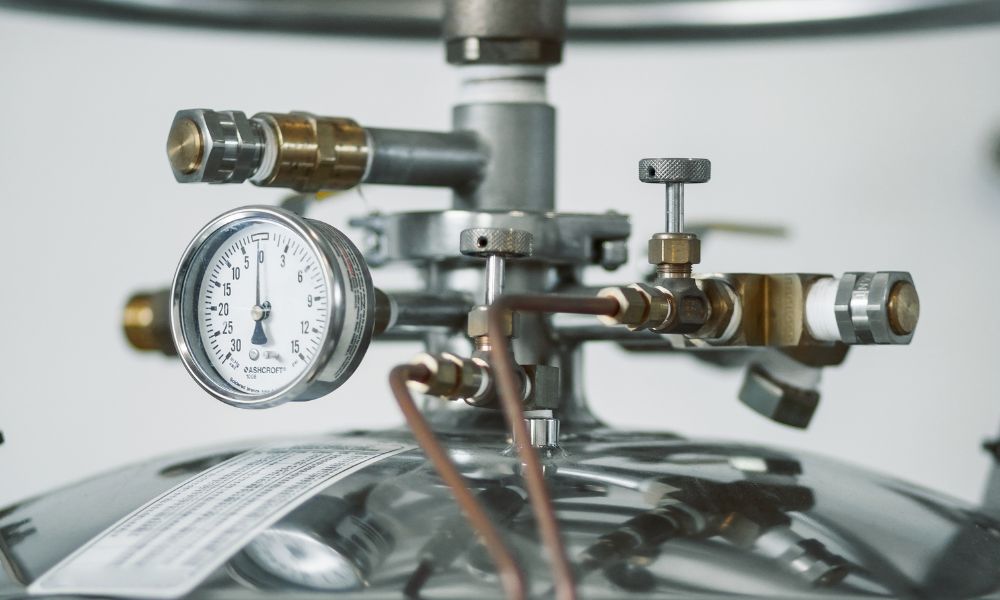Ammonia or CO2: Which Is Better for Cold Storage?

Cold storage plays a pivotal role across various industries, from food processing to pharmaceuticals, ensuring products maintain their quality for an extended time. However, certain materials are necessary to keep these spaces at optimal temperatures, the most common being ammonia or CO2. Which is better for your cold storage needs? Learn more about the benefits of each refrigerant to determine the ideal choice for your application.
The Benefits of Ammonia Refrigerants
Ammonia is a natural substance and widely recognized as a popular ingredient for refrigerants in cold storage warehouses and food and beverage manufacturing facilities. One of the key reasons behind its popularity is its environmental sustainability. In the unfortunate event of a leak, ammonia does not threaten our environment, unlike many synthetic refrigerants. It’s also significantly safer for workers to handle than other cold storage options.
Ammonia systems are standard across many sectors and easy to maintain. This can reduce expenses for your operations since ammonia is so affordable!
The Advantages of CO2 Cold Storage Systems
Carbon dioxide is a viable alternative to synthetic refrigerants in cold storage systems thanks to its non-toxic, non-corrosive, and non-flammable properties. CO2 is a natural substance, making it environmentally friendly for your operations. Although it is slightly more harmful to the environment than ammonia in the event of a leak, its impact is significantly less than that of synthetic refrigerants.
Carbon dioxide truly shines in extreme cold storage applications, such as freezers. Its dense nature means it occupies little space, making it suitable for compact storage facilities. Additionally, it performs exceptionally well in cascade refrigeration systems, contributing to an efficient cooling process.
Which Is Best for You?
When choosing between ammonia and carbon dioxide for your cooling needs, your decision hinges on the application. Ammonia is better for standard cold storage applications. Its natural properties make it eco-friendly, and its widespread use across industries means that maintenance and repairs are standardized, which can lead to cost savings. On the other hand, carbon dioxide is suitable for freezing applications and requires less space to work effectively. Still, for any application that doesn’tinclude freezing, ammonia is more than suitable! Of course, there are many other factors to consider and things to know about ammonia gas detectors before purchasing one for your facility.
Whether you determine ammonia or CO2 is better for your cold storage needs, you must protect your facility and employees. Implement this technology into your facility and ensure safer, more efficient operations!





